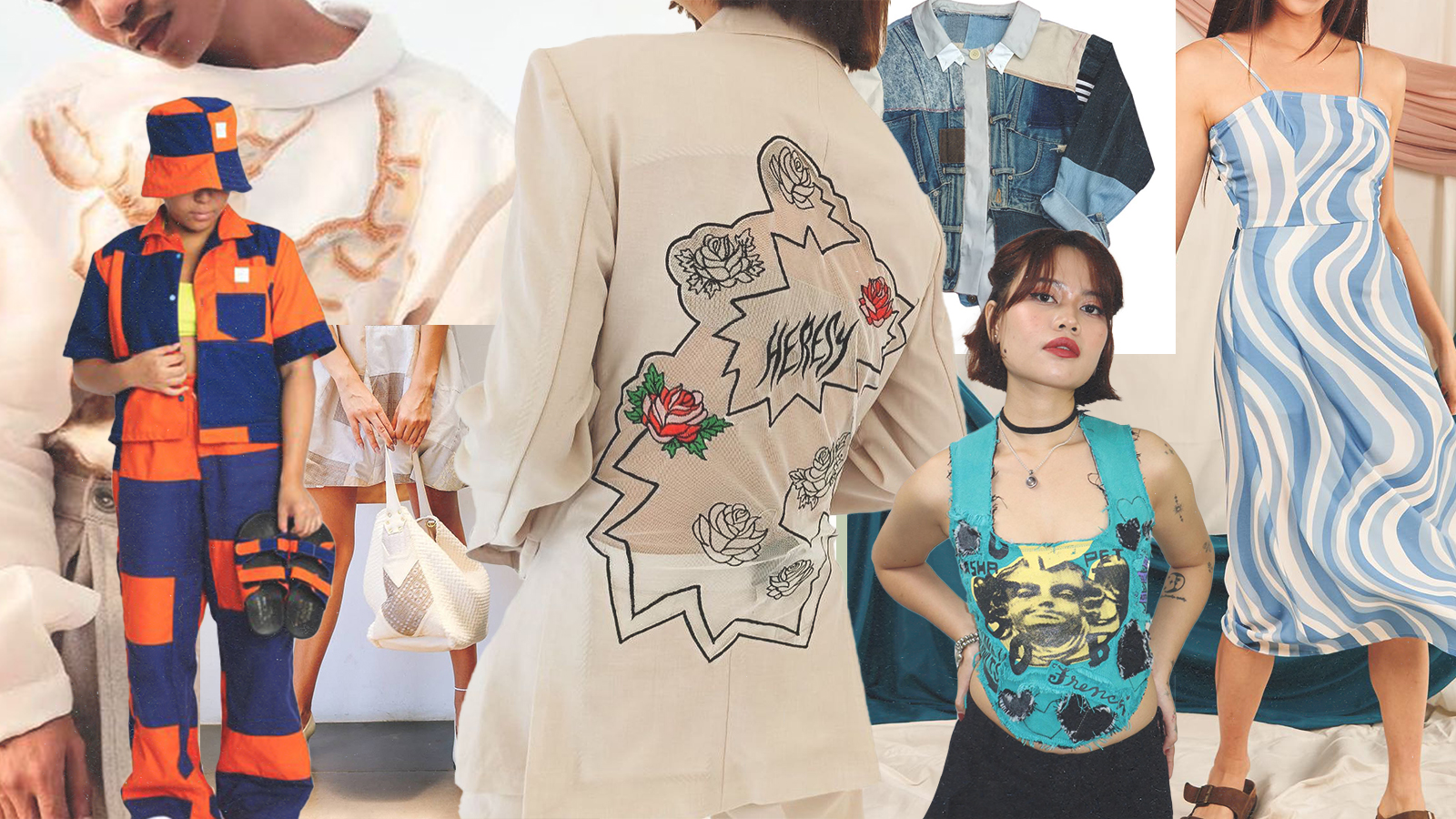Our love for fashion may be contributing to our environment’s destruction. According to the United Nations Environment Programme, the fashion industry is responsible for 10% of global carbon emissions and is the second-largest consumer of the world’s water supply.
Due to its speed and volume in production and consumption, the industry has significantly added to the worsening global pollution, increased carbon footprint, and added to landfill wastes. If it continues on its current trajectory, Global Fashion Agenda believes that by 2050, the fashion industry will account for a quarter of the world’s carbon budget.
It’s important for us to be more conscious of our fashion choices and other forms of consumption. Since we, at Metroscene Mag, believe that being a fashionista does not have to go against our advocacy, we’ve listed four local brands that are leading the way to a more sustainable and eco-friendly fashion industry.
Atelier Dept
Atelier Dept is a fashion brand that offers a creative solution for those who struggle to decide what to wear. The brand specializes in creating unique, one-of-a-kind patchwork jeans, reworked jackets, and even hand-painted pieces.
Atelier Dept's designs not only address style dilemmas but also promote sustainability in the fashion industry. Their innovative approach to fashion includes combining two desired silhouettes, such as the polo and vest hybrid. By pushing for more sustainable choices in fashion, Atelier Dept is making a positive impact on the environment while providing customers with one-of-a-kind pieces.
THE FUTURE IS YOU
Randolf Clothing
Since the brand's inception, RJ has been dedicated to making a positive impact on the environment by implementing sustainable practices. Randolf Clothing has a no-waste policy, and the brand recycles scrap fabrics to reduce waste. RJ's commitment to sustainability sets Randolf Clothing apart in the fashion industry, where fast fashion and wasteful practices are prevalent.
RIOtaso
A play on the word “retaso”, which means scrap fabric, and Rio, the name of the creative mind behind the movement, RIOtaso is creating fashion pieces that are challenging the status quo of the fashion industry. Their creations are made from carefully curated fabric scraps, sewn together, with a whole lot of talent aimed at improving the world.
The brand’s goal of creating zero waste space for creative individuals, all started when Rio’s younger sister influenced her to radically pursue a way of life that is as sustainable as possible. When she was back in the city, she incorporated a zero-waste lifestyle into creating a brand new fashion brand.
In their website, Rio shares that while she was stitching fabric scraps together, she found inner peace and from then on, she challenged herself to only ever use fabric waste in her creations.
Rags2Riches
Today, they are a fashion and design house that creates bags, clothes, home accessories, and “almost” everything in between. With a focus on: intentional design, sustainable materials, long-lasting products, and empowering trades, they are proving that style doesn’t have to contradict the welfare of our environment.
In their website, R2R states that they are still serious (about their WHY), they overthink things (especially when it comes to empowering and sustainable practices), but they do all of these with an abundant sprinkle of joy and a lot of happy dances!
Jann Bungcaras
As a result, his parent’s dream for him to be a Physician ended, but his dream of focusing on design began.
According to his website, to commemorate his past, he created a sustainable brand that celebrates one’s true self and true feelings regardless of the binds of gender through the narrations of his designs while being kind to nature. His brand’s dream has always been centered to meet emotional, societal, and environmental goals.
His brand uses recycled materials, scraps, leftover fabric and resources, which significantly reduces the carbon footprint on their end. They also achieve this through skipping or limiting processes like inorganic, dyeing, silkscreen printing, importation and mass production. Ultimately, his brand dreams of a future where fashion is part of the environmental solution, rather than the problem.











